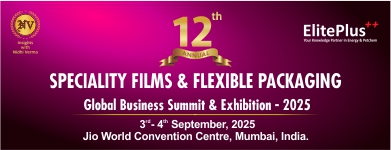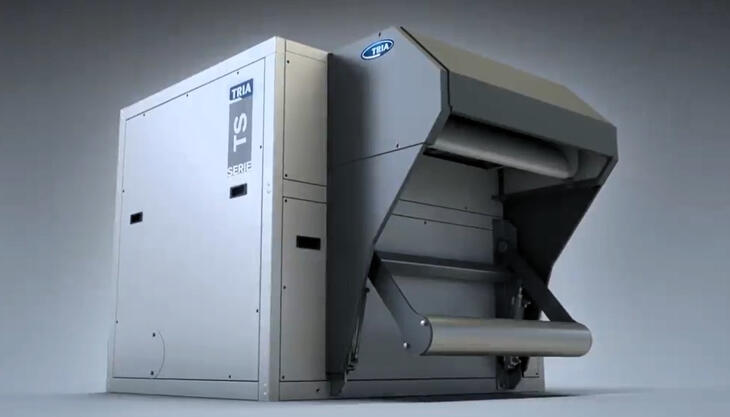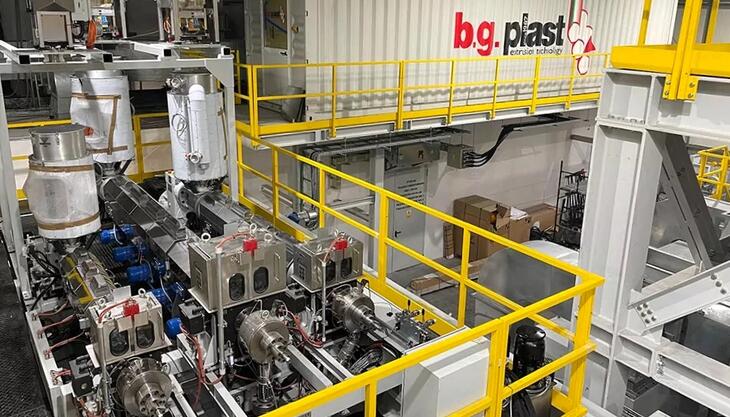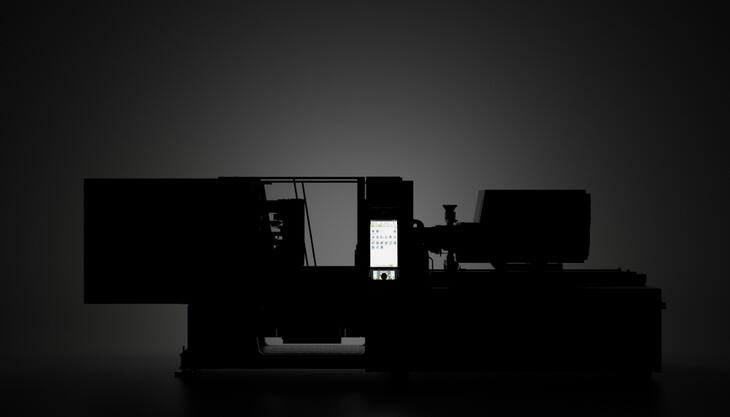Hot runner systems under the banner of sustainability

At Fakuma 2023, which will take place from 17 to 21 October in Friedrichshafen (Germany), Oerlikon HRSflow will be focusing on hot runner systems that enable greater sustainability and efficiency in thermoplastic injection moulding. In addition to future-oriented automotive applications, the focus will be on trendsetting technologies and projects in packaging industry. System-typical advantages include short cycle times, fast colour changes, high production volumes, high moulded part quality and a very good suitability also for sustainable polymers.
A new stack mould, which has been developed for time, material and energy-saving injection moulding of thin-walled, ecologically optimised packaging, could become a visitor magnet. The new patent-pending solution, soon available on the market, is equipped with nozzles of the new Xd series from Oerlikon HRSflow and thus enables high filling pressures for cost-efficient production with continuously high quality. The stack principle supports the use of smaller injection moulding machines. Thanks to a plug-and-play installation, assembly and maintenance are simplified and highly efficient, avoiding long and costly downtime. The new solution is also suitable for processing PCR plastics and sustainable compounds in line with the requirements of the circular economy. The demo tool with the stack mould system is available for customers to try the most challenging polymers for thin-wall packaging applications. Also available at Oerlikon HRSflow’s Test Lab is the Engel e-Speed 280 IMM-Hybrid solution to manage mainly R-PET, bio-based and compostable polymers, in line with the new EU Packaging and Packaging Waste Regulation (PPWR).
The expertise and knowhow of Oerlikon HRSflow in the field of caps and closures will be highlighted through the display of the multi-cavity system designed for the simultaneous high productivity production of 72 caps. Thanks to the new Vf nozzle series from Oerlikon HRSflow, it enables very short cycle times of 2.2 to 3.5 seconds while at the same time ensuring maximum process reliability thanks to excellent control and optimum balancing of the filling process. This technical solution, which is equally suitable for carbonated and non-carbonated beverages as well as for liquid and powdered concentrates, meets all the requirements of the new European single-use plastic directive, which makes tethered closures mandatory for all beverage containers up to three litres in capacity.
Specially developed for HDPE caps and closures, the Vf nozzles of the new multicavity line from Oerlikon HRSflow are suitable for part weights from 0.5 g to 8 g. In any case, they stand for reliably consistent product qualities, fast colour changes and system restarts. A special nozzle tip enables optimum control in the gate area and improves cycle time. The separate replaceability of the nozzle tip makes maintenance particularly fast and cost-effective. Rheologically optimized hot runner geometries ensure significantly increased reactivity and thus effectiveness of the system. Special inserts minimize the time required for colour changes while keeping reject rates low, which contributes to the sustainability of production even with particularly critical colours.
In addition to the aforementioned hot runner solutions tailored to the production of packaging, the FLEXflow technology from Oerlikon HRSflow will be presented at Fakuma 2023 as a sought-after solution for demanding injection moulding tasks. The servo-driven valve gate system is combined with a flexibly programmable control unit. This configuration enables precise and independent adjustment of the stroke and force of the needle position of each individual nozzle during the opening and closing phases of cascading injection processes. Its possibilities are demonstrated by future trends such as back injection of foils, intelligent automotive surfaces and lighting applications. Especially their use in family moulds enables significant cost savings compared to separate injection of the individual parts, even if they are produced in very different sized cavities.



















